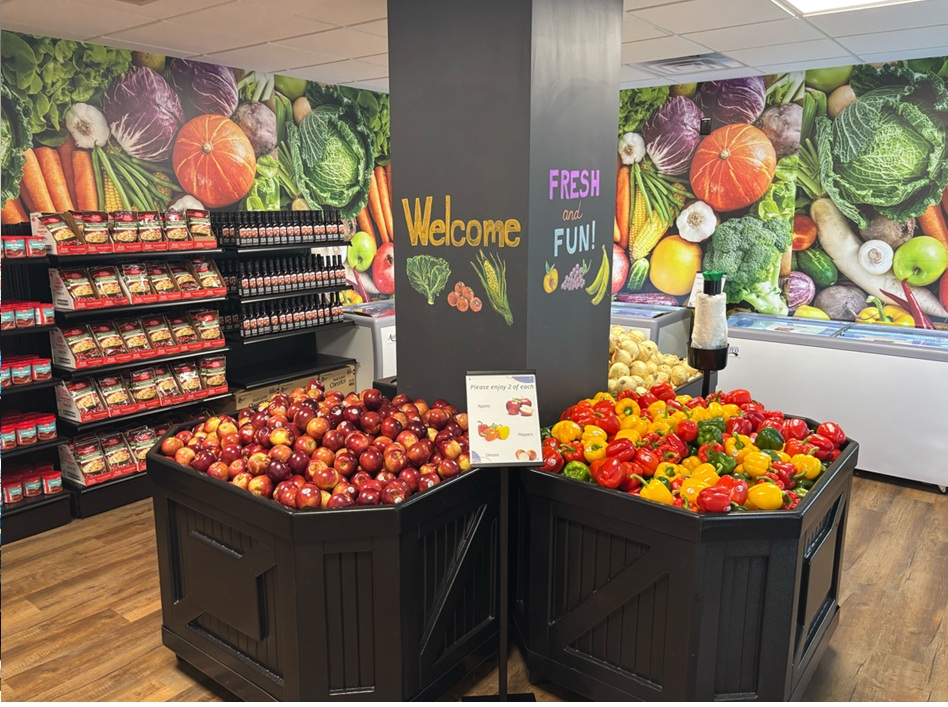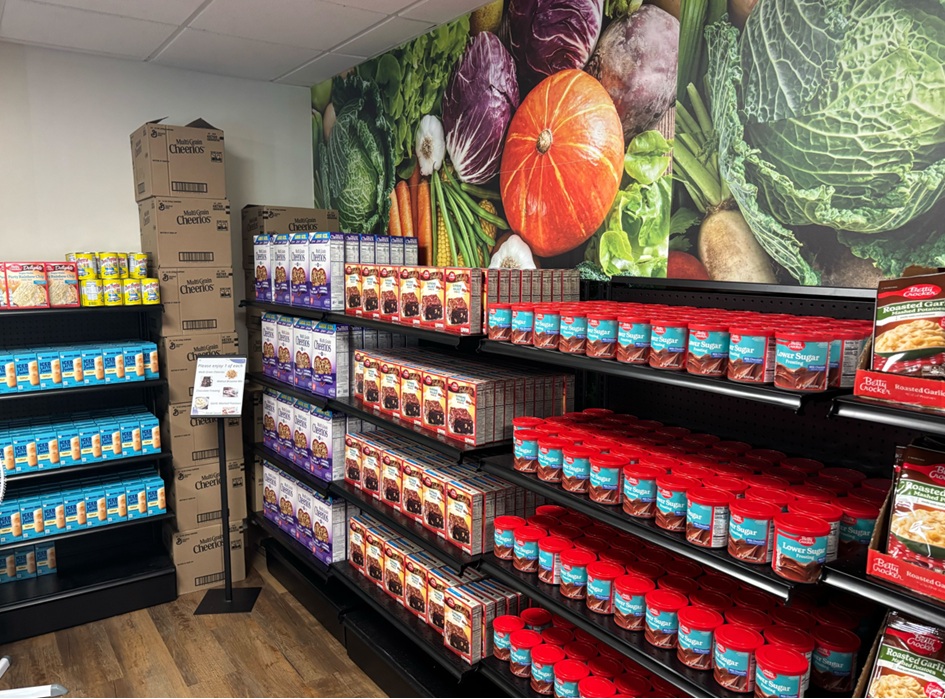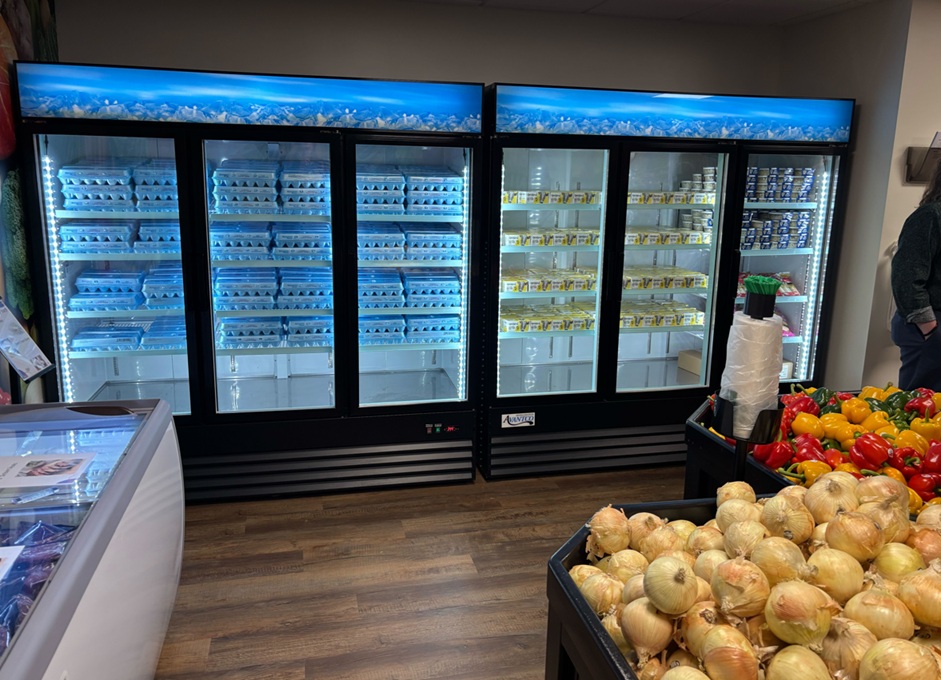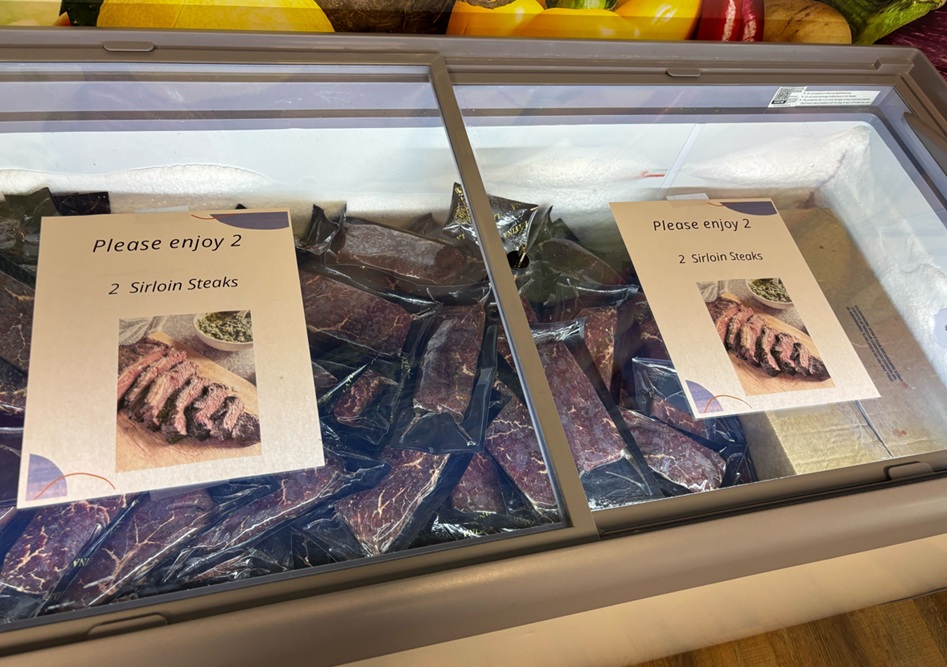Agetech is one of the fastest-growing frontiers in innovation, with the potential to transform how older adults live, connect, and thrive. At the center of this movement is Rick Robinson, Vice President and General Manager of the Agetech Collaborative from AARP, who is building a vibrant ecosystem of startups, investors, and enterprises committed to reshaping the future of aging.
On a recent episode of Varsity’s podcast, Roundtable Talk, Rick discussed how the collaborative accelerates startups, drives inclusivity in product design, and helps older adults embrace new technology. He also highlighted the promise of AI and embodied devices to ease challenges like social isolation and the caregiver shortage.
The following are some fresh perspectives from the conversation. Check out the full episode here.
HOW DO YOU DEFINE AGETECH AND THE COLLABORATIVE’S MISSION?
We define it very simply: we’re here to make aging easier for everyone. That’s our mission. It’s broad, but it keeps us focused on impact. We show up at major events like CES, InVive, and Wired gatherings — not just to showcase technology, but to tell the story of how massive and important this space is. When people see that older adults drive trillions of dollars in spending and demand better solutions, the light bulb goes on.
HOW DO YOU BALANCE CUTTING-EDGE INNOVATION WITH THE REAL NEEDS OF OLDER ADULTS?
I love taking bleeding-edge technology — right now that’s generative AI — and making it accessible. We’ve done it before with VR to fight loneliness, and with AR to create immersive experiences. The key is to make the technology itself disappear so that what comes forward is the experience. People shouldn’t be intimidated by the tech; they should feel the value. That’s what makes innovation meaningful.
HOW DOES THE COLLABORATIVE PROMOTE INCLUSIVE AND ACCESSIBLE INNOVATION?
We push that philosophy out to every startup that joins. We give them access to diverse audiences and volunteers across the country — people from all backgrounds. We help startups identify and co-create with the right older adult audiences for their products. A lot of founders think they know their target market, but we’ll stop them and say, “Let’s talk to your audience first.” We help them test and refine products so they’re built with older adults, not just for them.
WHAT DO COMPANIES OFTEN GET WRONG WHEN DESIGNING FOR OLDER ADULTS?
They over-engineer or oversimplify. The key is balance. You want simplicity without being patronizing. Older adults don’t need “dumbed down” — they need intuitive. It’s about thoughtful design, not stripped-down design. And it’s crucial to involve older adults early in the process so the product reflects their real needs and preferences.
WHERE DO YOU SEE THE BIGGEST OPPORTUNITIES AHEAD IN AGETECH?
Caregiving is the biggest. There’s a massive shortage of caregivers, and costs are high. I think AI, combined with embodied devices, is going to play a big role in solving that. Within five years, we’ll see major advances in how technology supports both older adults and their caregivers — making care more personal, affordable, and available.
WHAT ADVICE WOULD YOU GIVE TO ENTREPRENEURS ENTERING THE AGETECH SPACE?
Start by truly understanding your audience. Don’t assume — go talk to older adults. Build with empathy and flexibility. Be ready to pivot when you learn something new. And don’t underestimate the market. This isn’t a niche; it’s one of the largest, fastest-growing opportunities in the world. If you can make aging easier, you’re not just building a business — you’re changing lives.
Want to hear more from Rick? Check out the full episode of Roundtable Talk for more fresh perspectives. Watch new episodes of Roundtable Talk on the Varsity website and on Apple Podcasts, Spotify, and iHeartRadio.




